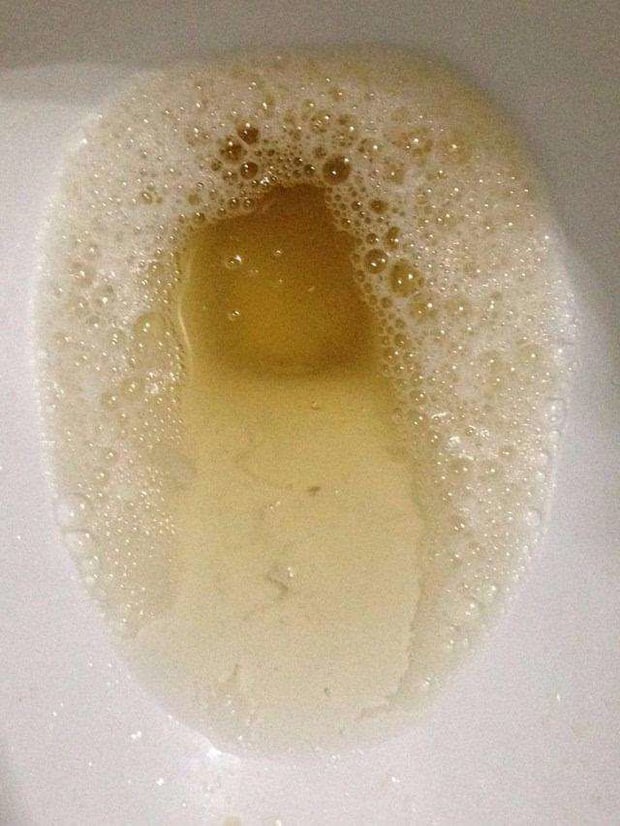1. Clear Morning Urine: A Sign of Your Kidneys Working Overtime

If you often notice clear and colorless urine in the early hours, this may indicate an underlying issue.
Colorless morning urine could suggest that your kidneys are struggling to concentrate urine effectively, which may be a sign of diabetes insipidus or renal tubular damage affecting your body’s ability to reabsorb water.
Left untreated, this can lead to electrolyte imbalances, dehydration, and kidney function decline. Therefore, if you experience persistent clear urine for several days, it’s advisable to consult a healthcare professional to assess your kidney function.
2. Foamy Morning Urine: A Warning Sign of Protein Leakage

While a small amount of foam in the urine due to a strong stream is normal, persistent and excessive foaming warrants attention, especially if it occurs in the morning and doesn’t dissipate quickly.
Kidney damage, particularly to the glomeruli (filtering units of the kidneys), is a common cause. This damage allows protein (specifically albumin) to leak into the urine. Medically, this condition is known as proteinuria.
Undetected and untreated proteinuria can silently damage kidney function, leading to a host of complications such as edema, hypertension, and chronic kidney disease.
If you notice persistent foamy urine, it’s recommended to undergo a 24-hour urine test and assess your proteinuria levels to guide appropriate treatment.
3. Nocturia in Young Individuals: Don’t Ignore It
Nocturia, or frequent urination at night, is common among older adults due to age-related changes in kidney function. However, if you’re younger and experience nocturia without taking diuretics or consuming excessive fluids in the evening, it could indicate kidney function abnormalities or endocrine disorders.
Potential causes include early-stage kidney disease, diabetes, bladder dysfunction, urinary tract infections, or renal tubular damage.
If nocturia persists for several nights and disrupts your sleep quality, it’s crucial to consult a nephrologist or urologist to identify the underlying cause and receive timely intervention.
The kidneys play a vital role in maintaining homeostasis, filtering blood, and eliminating toxins. However, kidney damage often progresses silently and may only be detected in its later stages. Therefore, paying attention to subtle changes in your urine – a reflection of your kidney health – is of utmost importance.
If you experience clear morning urine, persistent foamy urine, or nocturia at a young age, don’t delay. Get your kidney function checked as soon as possible. Protecting your kidney health safeguards not just your urinary system but also your overall quality of life.



































